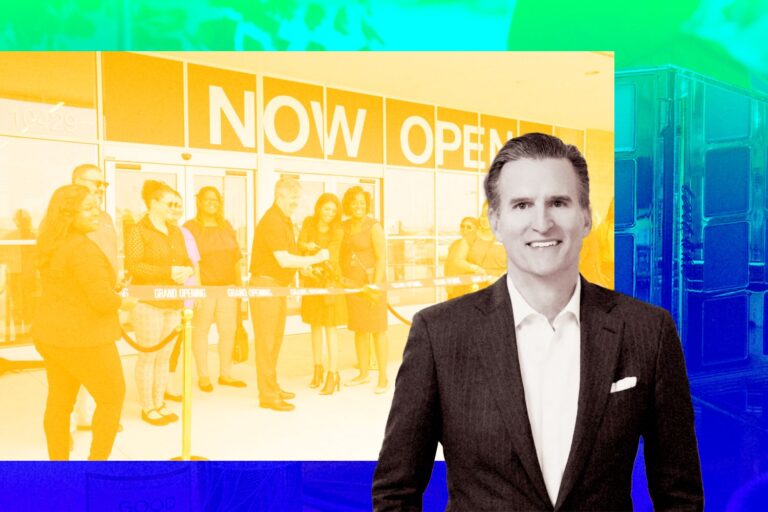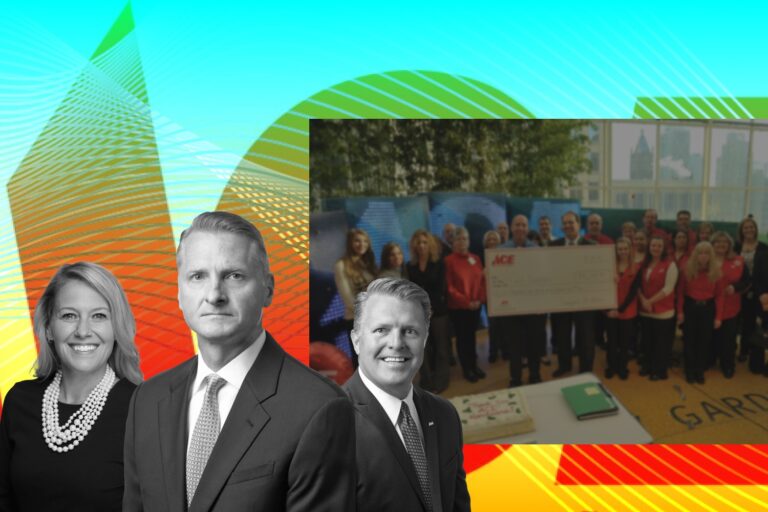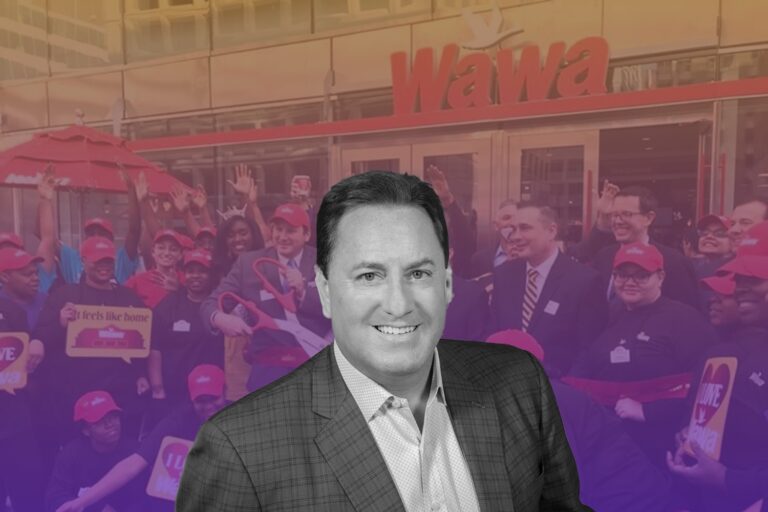Rebecca Minkoff on How to Pivot Your Business Right Now
The nearly instantaneous economic recession triggered by the Covid-19 shutdown has wreaked havoc on businesses large and small. On the basis of sweeping proclamations about the end of commuting, the demise of retail, and the collapse of globalization, many executives have come to assume that everything will change. Accordingly, the recipe for survival is supposed to be a thorough transformation of the entire company – or else a bankruptcy filing.
The reality of how enterprises are coping with the crisis and preparing for the recovery tells a very different story, one of pivoting to business models conducive to short-term survival along with long-term resilience and growth. Pivoting is a lateral move that creates enough value for the customer and the firm to share.
In a matter of weeks, everything changed. Uncertainty is the only thing that is certain. Most businesses have been greatly disrupted and negatively impacted. Companies, CEOs, executives, entrepreneurs, employees and business owners are facing a time of great uncertainty and what lies ahead is unclear.
Entrepreneurs know that some of the best businesses come out of the worst times – because sometimes in the darkest moments, new ideas and innovations provide beacons of light. What new companies, products, movements will be born out of new reality? The economic impact of what the COVID-19 pandemic impacting is unprecedented but there are still opportunities to come out stronger than ever before.
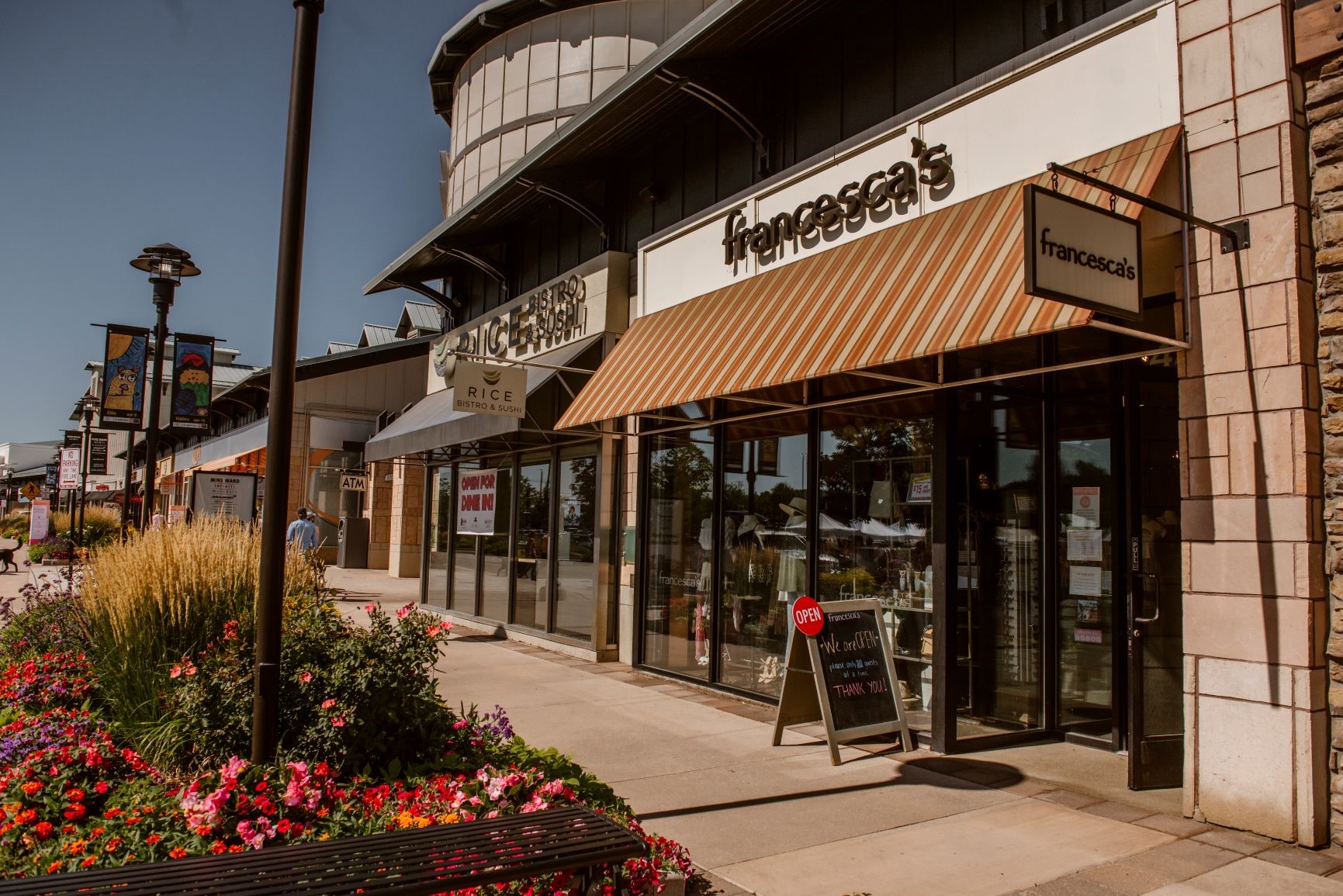
COVID-19 shutdown is the time to experiment, create and innovate. It is tough to pivot your business during times of immense change. Before pivoting, it is recommended first to stabilize your business to the best of your ability. It is important to tighten your belt, evaluate your costs and ensure you take the necessary actions to weather the crisis.
There are likely changes you wanted to make in your business but have not and now is a time to act. Evaluate your talent, review your contracts, decide what is truly necessary to run your business. Make sure you spend your cash wisely. Look closely at your financials to see how you reduce your losses. It is time to streamline so you can move forward without the weight of unnecessary cost burden.
A business that was weak during a good economy is greatly exposed in a bad economy. If your business is not working now, and was not working well 6 months ago, it may be time to re-examine its long-term viability.
It is also a good time to take advantage of the financial resources available. Many of the companies have applied for the federal government’s paycheck protection program. If you have not already, it is important to educate yourself on the many forms of aid, resources, and support made available. Once you have stabilized your business it is time to focus on the future.
Pivoting definitely works for digital platforms, but does it help traditional businesses? It is also seen large incumbent companies pivot during the crisis. As demand has soared for essential products, consumer-goods powerhouse Unilever has pivoted to prioritize its packaged food, surface cleaners, and personal hygiene product brands over other products, such as skin care, where demand has fallen. The company does not yet know which changes might become permanent. If the upswing in remote work endures, Unilever might find that some of its pivots will remain in place. In fact, the move toward in-home consumption might require a repositioning of not only food brands but also personal care offerings.
Learn from How Rebecca Minkoff Has Pivoted Her Company to Stay Alive
Navigating the economic fallout from the coronavirus pandemic has not been easy for small businesses. Fashion designer Rebecca Minkoff is no exception.
“It’s the longest, most exhausting days of my life,” said Minkoff, 39, and the co-founder and creative director of her own fashion line. “I want to scream a lot, but I have to stay positive.
“I’m a fighter, and that’s the only way that I know how to get through this.”
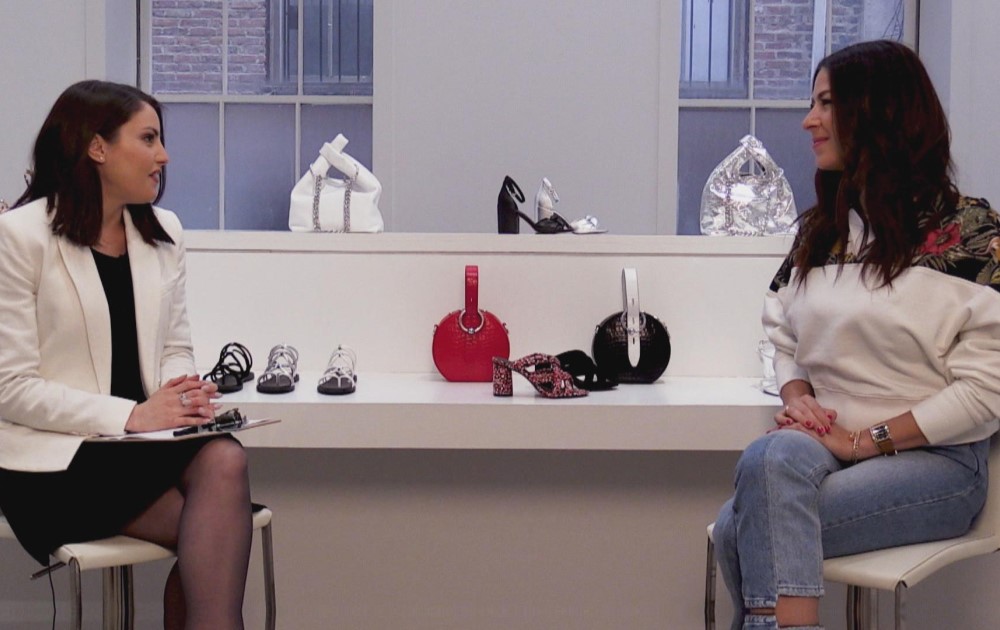
Minkoff is not disclosing her gross sales figures at this time; however, in a May 2019 interview, she said it was “north of $100 million.”
She also is not divulging how much of a financial hit she has taken during the pandemic but said she has lost 70% of her business with the temporary closure of department stores.
That means she had to make some tough choices.
“We had to, being the worst week of my life, do some layoffs, do some furloughs, make aggressive pay cuts across the board,” said Minkoff, who normally resides in Brooklyn, New York, but is quarantining with her husband and kids in nearby Long Island.
Her story is similar to many other small businesses trying to survive right now. Many have had to close their in-person operations or shut down completely.
That has led to cuts: Thirty-six percent have reduced their own pay and 8% have cut their employees’ pay. Of those surveyed, 13% have furloughed some or all of their employees and 11% have laid off some or all of their employees.
For Minkoff, surviving means changing the way she does business. Now, with 25 remaining employees, she is focusing solely on being a direct-to-consumer company.
“We’ve changed everything about what we do, whether it’s the marketing, where we’re advertising, how we’re talking, who we’re talking to, to really make sure that we stay alive after this,” she said.
She pivoted after getting feedback from her customers.
“I asked my consumer at the beginning of this, what did she want from me?” she said.
“She wanted a break from the news. She wanted great content, she wanted helpful tips.”
Minkoff has answered by speaking directly to them through her social media accounts, like Instagram, where she shows off her products, engages followers in conversations and does a live series “The Happiest Hours.” She also interviews people, such as actress Jenna Elfman and “Shank Tank” investor Barbara Cocoran, on her podcast, ’Superwomen.”
The change in direction is something that may be here to stay for Minkoff.
“We don’t necessarily want to go back,” she said. “We’ve learned a lot about ourselves as a company.”
“The fact that we can dedicate 100% of our time right now to our own business and our own consumer directly, has made a big impact,” she added. “It is something we plan to strengthen in the future.”
The pivot may also help if many of the department stores, she works with shrink or do not survive at all.
Luxury chain Neiman Marcus has filed for Chapter 11 bankruptcy protection and Nordstrom said it is permanently closing 16 locations. Meanwhile, Lord & Taylor is reportedly looking to liquidate its stores as soon as they are able to reopen.
While it certainly has not been easy, Minkoff is trying to not let the situation get her down.
“I’ve just chosen to be optimistic,” she said. “You can go into the doldrums here.
“I was there for the first two weeks, and I had to snap out of it because you won’t survive this if that’s how you approach it.”
Helpful Tips for Small Businesses to Revamp from the COVID-19 Pandemic Crisis from Rebecca Minkoff
Fashion designer Rebecca Minkoff is on a mission to help female entrepreneurs through the coronavirus pandemic.
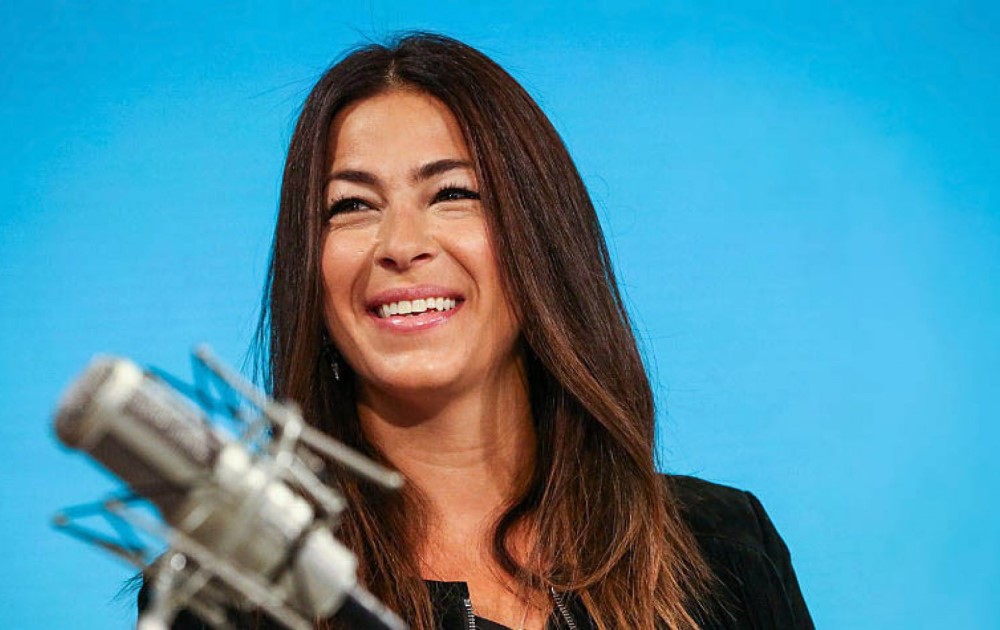
“Right now, is a trying time for small businesses and women in general,” said Minkoff, 39, and the co-founder and creative director of her own fashion line.
“We already are set up, you know, making 80 cents on the dollar — women of color, almost half that,” she added. “So as things are drying up, we’re being hit proportionally in that way.”
Many businesses are trying to find ways to survive. Almost a third of small-business owners have had to close their in-person business operations because of government regulations put in place as a response to the pandemic. In addition, 23% have temporarily closed their entire business.
Looking toward the future, 38% of small-business owners expect changes in government regulation to have a negative effect on their business in the next 12 months. That is the highest it has been in the more than three years the survey has been conducted.
Minkoff, however, is trying to be optimistic. “There is a silver lining,” she said.
“As a small business, you are more nimble, you can bob and weave a lot quicker,” added Minkoff, who resides in Brooklyn but is currently quarantining in Long Island, New York with her husband and kids.
“You’re not held like these huge corporations are with legacy debt with massive leases with huge amounts of real estate that you can’t pivot as quickly.”
That is what Minkoff is trying to do with her company now, since she lost 70% of her business with the temporary closure of department stores.
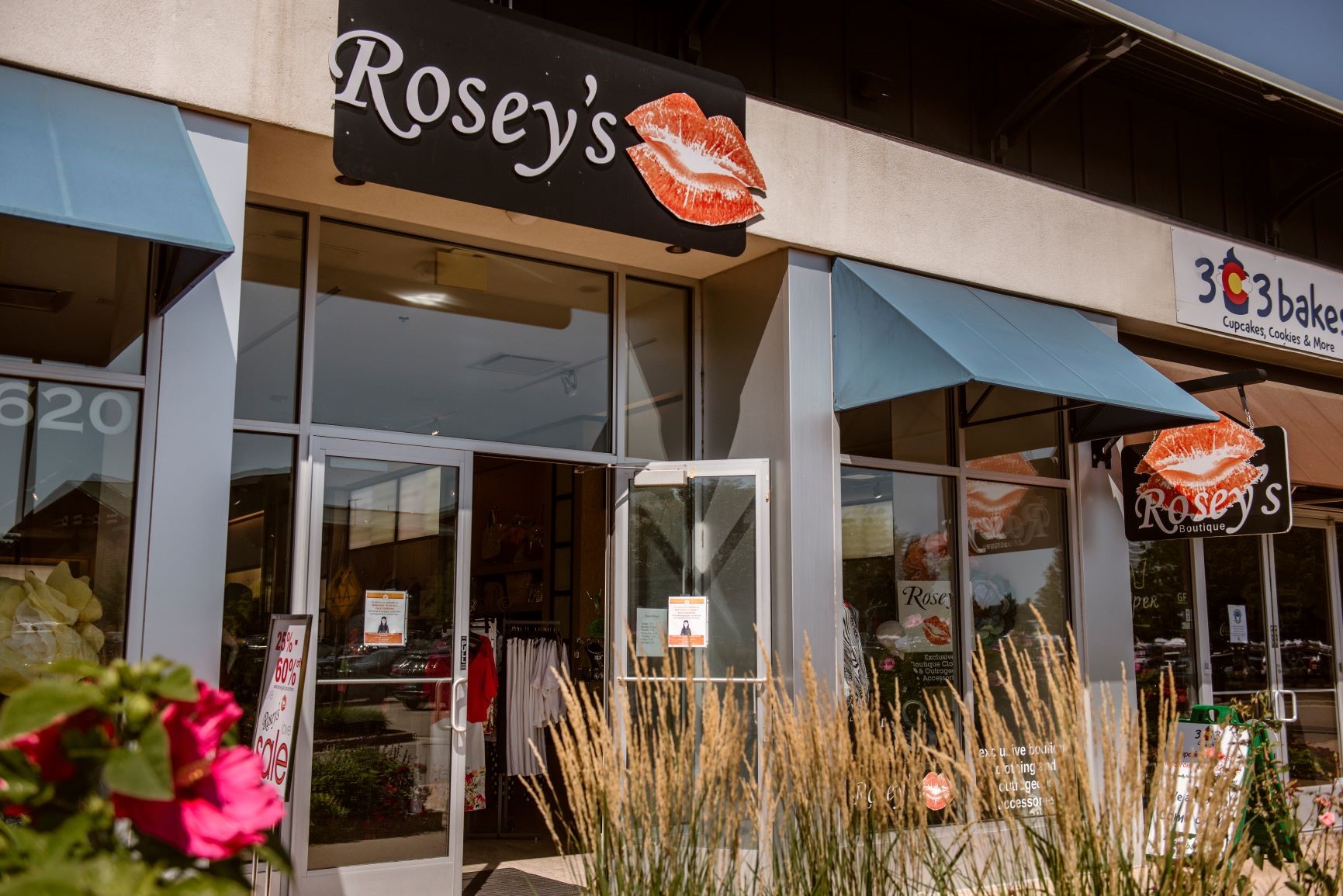
“You have to be a fighter,” she said. “You should not think that you are not an essential business.”
That may mean finding a new way to attract customers or coming up with a new service or product. For instance, some businesses have started making much-needed face masks and distilleries have been producing hand sanitizer. Or those who sell products through stores will have to find ways to do it direct to consumer, as Minkoff has been doing via her social media accounts and website.
“There’s a way to market and talk to your consumer and still thrive and persist as a small business,” she said.
Being a mentor to other entrepreneurs is not a new role for Minkoff.
In 2018, she co-founded the Female Founder Collective, along with entrepreneur and angel investor Alison Wyatt, to empower women business leaders. The organization has teamed up with Ladies Get Paid to start the Support Your Ladies directory of women-owned businesses.
Most recently, the Female Founder Collective has partnered with UBS to launch Project Entrepreneur’s Investment Readiness Program, aimed at addressing the gap in venture capital awarded to women. Initially meant to be an in-person summit in New York, it is now being held virtually with the nearly 50 female entrepreneurs chosen to participate. Another program will be held this summer in Los Angeles, as will summits in select U.S. cities.
“Less than 3% of venture capital actually goes to women, which is a crazy stat,” said Female Founder Collective co-founder Wyatt. “We’re hoping to change that ratio and give women the networks that they need in order to do so.”
Minkoff is hopeful the program will help women survive this trying time.
“I didn’t go to Harvard. I did not go to Wharton. I launched my business with a passion. That’s how so many small businesses are launched.” Minkoff said.
“If we were able to connect you with advisors, and mentors and teachers who can give you this underlying education … then that would be a very valuable thing to give women a true leg up.”
In the end, the persistence of small-business owners will do more than just help their own company make it to the other side of this, Minkoff said. It is about making sure there is an economy left. “The economy needs us all to survive,” she said.
Be Careful of Pivoting to Not Be Worsen from Your False Decision
Not all pivots result in good business performance. Three conditions are necessary for such lateral moves to work. First, a pivot must align the firm with one or more of the long-term trends created or intensified by the pandemic, including remote work, shorter supply chains, social distancing, consumer introspection, and enhanced use of technology. For instance, if social distancing remains the rule for the near future, the casual dating platform Tinder will need to follow competitors Bumble and Facebook Dating in off.
Second, a pivot must be a lateral extension of the firm’s existing capabilities, cementing – not undermining – its strategic intent. Faced by the sudden collapse in travel, Airbnb moved swiftly to help hosts financially and connect them with potential guests. Hosts can now offer online events focused on cooking, meditation, art therapy, magic, songwriting, virtual tours, and many other activities, with users joining for a modest fee. This pivot represents one more step in Airbnb’s evolving approach from its traditional business model of facilitating matches between hosts and guests to its move to become a full-range lifestyle platform. In the future, online experiences could help travelers discover new destinations and on-site activities and help hosts offer better service. Airbnb could become a platform that people use not just to arrange their next vacation but to develop a cosmopolitan mindset throughout the year, learning about other cultures from a distance and celebrating the diversity of the world on a daily basis.
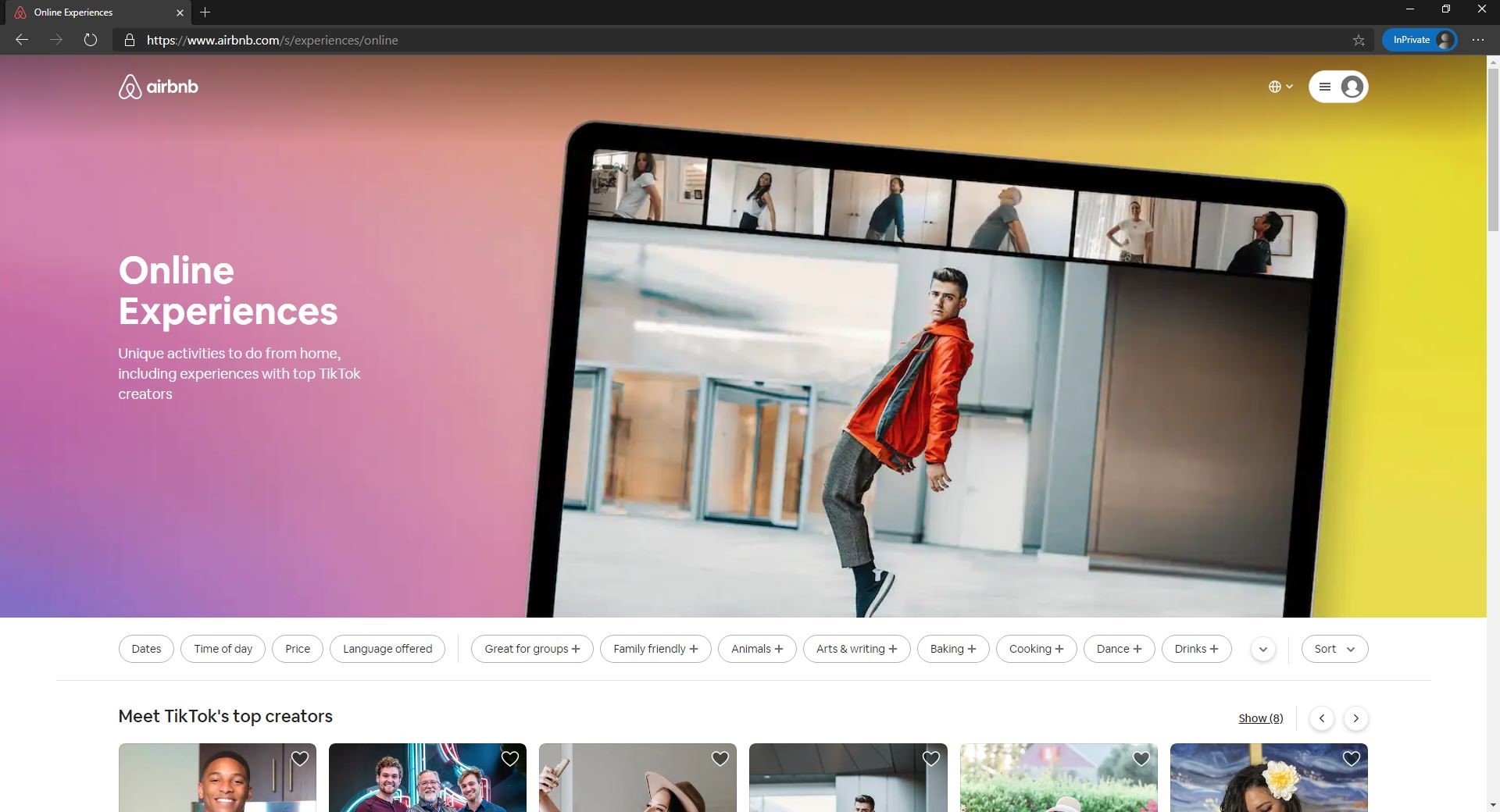
Third, pivots must offer a sustainable path to profitability, one that preserves and enhances brand value in the minds of consumers. The economic crisis triggered by the pandemic does not necessarily spell the end of entire industries or companies. It does weed out business models that fail to pivot toward the new reality characterized by shorter value chains, remote work, social distancing, consumer introspection, and enhanced technology use.




